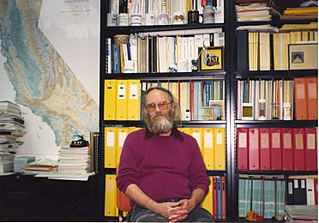Top 33 Quotes & Sayings by Jon Postel
Explore popular quotes and sayings by an American scientist Jon Postel.
Last updated on April 14, 2025.
I think they called me the closest thing to a God of the Internet. But at the end, that article wasn't very complimentary, because the author suggested that I wasn't doing a very good job, and that I ought to be replaced by a "professional." Of course, there isn't any "God of the Internet." The Internet works because a lot of people cooperate to do things together.





















